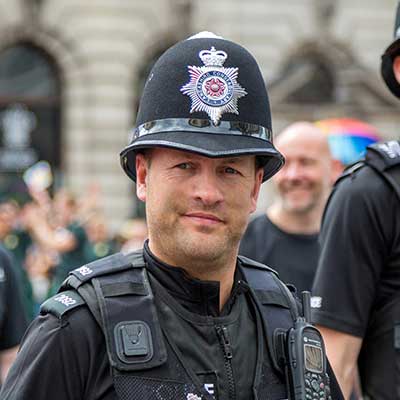ChildSafeguardingTraining
The well established and highly valued SANDSTORIES training is now available in an accessible half day workshop, using a licenced training portal with local facilitators.
Creative storytelling and reflection to equip the workforce with memorable and lasting insight into child-centred practice.
The SANDSTORIES licenced training portal provides access to unique materials and resources to deliver local, half day SANDSTORIES workshops.
Play Video
Every interaction matters. You can make a difference.
The Sandstories workshop is designed for anyone working directly with children, young people, and families, or supporting those who do. Sandstories speaks to multiple disciplines from across the statutory and voluntary sectors.
Child centred and reflective practice is at the core of this powerful workshop, which focuses on the ‘lived experience’ of vulnerable children and young people. This is underpinned by messages from research and significant/serious case reviews.
Based on Sandstories’ long history of delivering training across the UK, this workshop has been carefully crafted with unique content, including a 50 minute film.
Every interaction matters when drawing alongside vulnerable children and young people, and Sandstories seeks to strengthen the day to day professional confidence and practice of all workshop participants.
The workshop approach
Training commissioners are now able to purchase a licence, so that they can deliver half day Sandstories workshops to their workforce with accredited local facilitators.
This immersive workshop is designed to leave a lasting impact on learning and professional practice
Increase awareness of the influence of disguised compliance on professional judgements
Recognise the potential for rigid adherence to referral thresholds to result in ‘no further action’ for vulnerable children
Deepen insight into the lived experience of vulnerable children and young people
Understand and promote the crucial role of reflective supervision for all practitioners
Focus on the central role of emotionally available adults for vulnerable children and young people
Emphasise the need for multi-agency working, meaningful communication and mutual professional respect
Understand the links between animal maltreatment and human maltreatment, including the roles that pets can play in highlighting the lived experience of vulnerable children
Recognise and challenge professional hierarchies which may disadvantage vulnerable children
Promote the use of local escalation policies and advocacy, in situations of professional disagreement

We’re here to answer your questions
Get answers to the questions we get asked the most.















